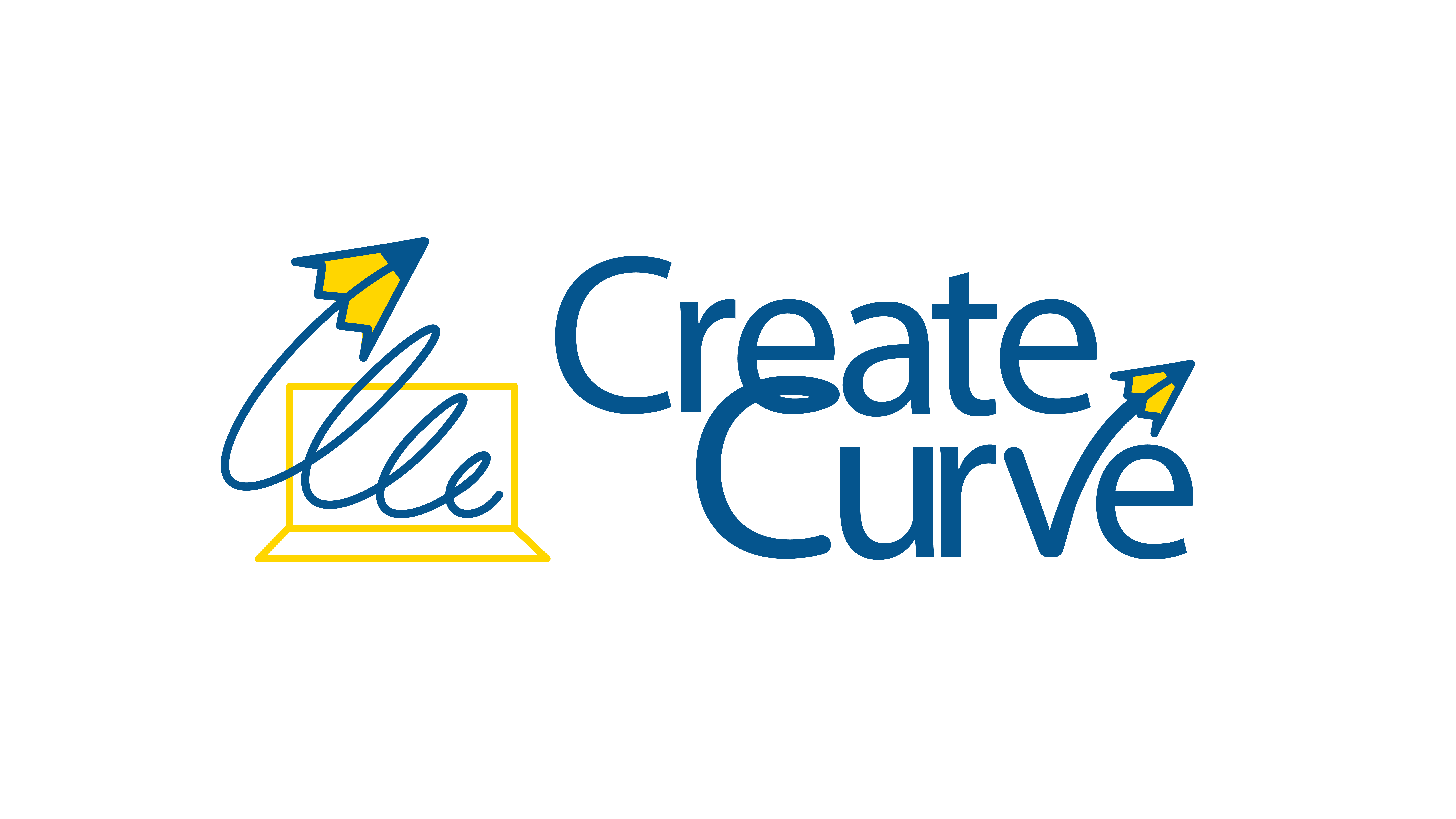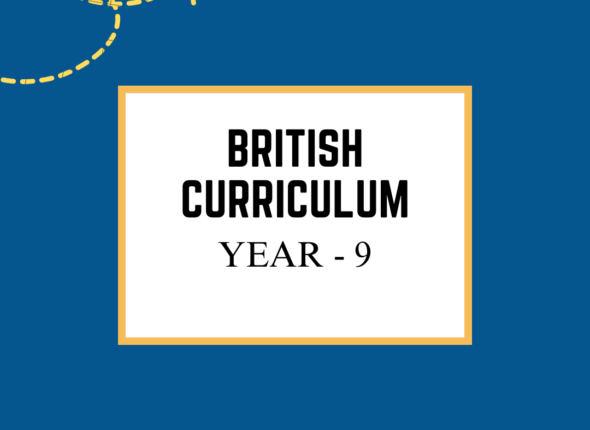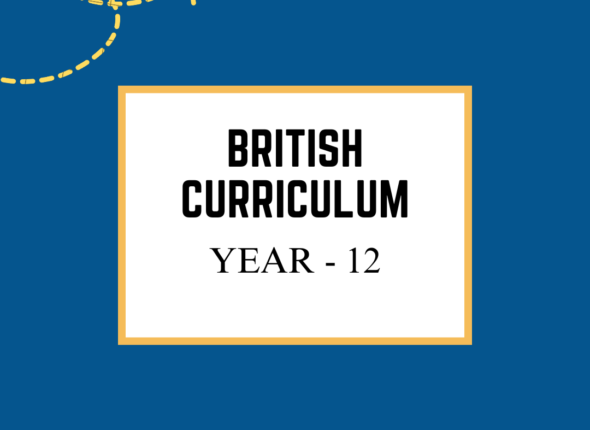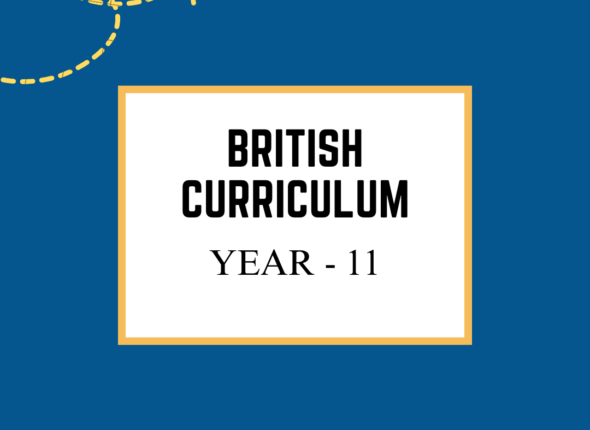Course Description:
In the British Curriculum (GCSE) Year 10 Science, students study Physics, Chemistry, and Biology either as Combined Science (Double Award) or Separate Sciences. The course deepens students’ understanding of scientific principles and prepares them for GCSE final exams in Year 11.
What You’ll Learn:
- Physics: Energy, forces, motion, electricity, waves, magnetism, and atomic structure.
- Chemistry: The periodic table, chemical bonding, rates of reaction, quantitative chemistry, acids & alkalis.
- Biology: Cell biology, organization of organisms, disease & immunity, photosynthesis, respiration, ecology.
- Practical & Experimental Work: Planning investigations, collecting & analyzing data, and applying scientific concepts.
Syllabus:
Physics
- Motion and Forces
- Energy, Work, and Power
- Properties of Waves, Sound, and Light
- Electricity and Circuits
- Magnetism and Electromagnetism
- Particle Model of Matter
- Atomic Structure and Radioactivity
- Forces and Motion
- Space Physics
Chemistry
- Atomic Structure and the Periodic Table
- Chemical Bonding, Structure, and Properties of Matter
- Quantitative Chemistry
- Chemical Changes (Reactivity of Metals, Acids, and Bases)
- Energy Changes in Reactions
- Rates of Reaction and Equilibrium
- Organic Chemistry (Hydrocarbons, Polymers, and Alcohols)
- The Earth's Atmosphere and Sustainable Development
- Chemical Analysis
Biology
- Cell Biology and Microscopy
- Organisation of Living Organisms (Tissues, Organs, and Organ Systems)
- Bioenergetics (Photosynthesis and Respiration)
- Homeostasis and Response
- Inheritance, Variation, and Evolution
- Ecology and Environmental Science
- Health and Disease (Pathogens, Immunity, and Vaccination)
Mathematics
- Number Systems and Operations
- Algebraic Manipulation and Equations
- Graphs of Linear and Quadratic Functions
- Trigonometry and Geometry
- Probability and Statistics
- Ratio, Proportion, and Percentages
- Coordinate Geometry and Transformations







